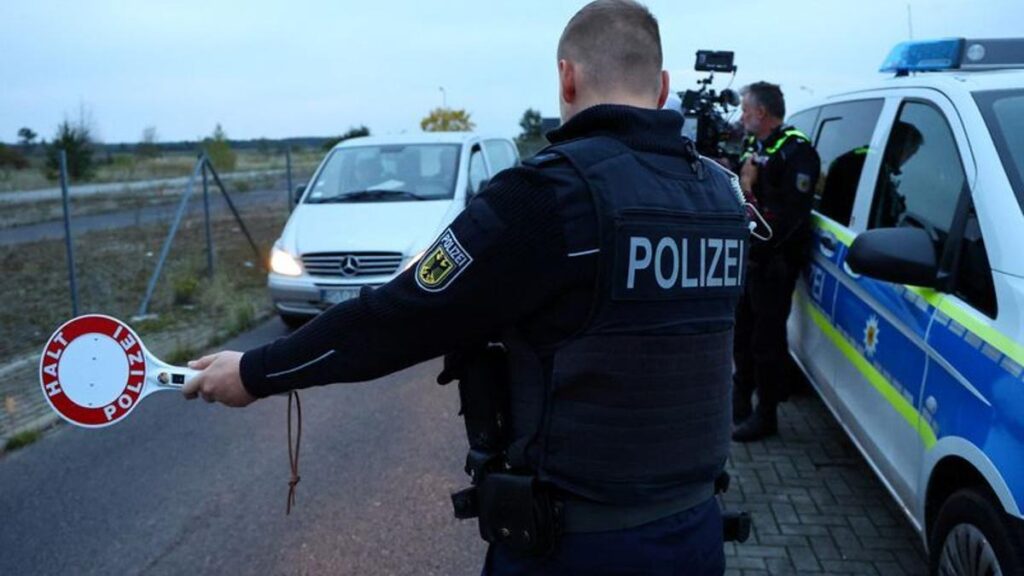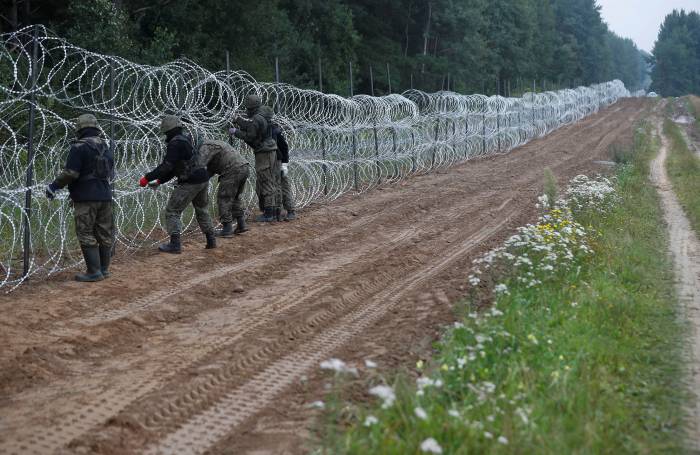German Interior Minister Nancy Faeser is set to announce temporary border controls on all of Germany’s land borders, according to a government source who spoke to Reuters. The measure aims to address irregular migration and protect the public from potential Islamist extremism.

Faeser is scheduled to hold a press conference at 1430 GMT to detail a package of security measures, which will include notifying the European Commission of the planned border controls.
This decision comes amid growing public concern over migration issues and follows a deadly knife attack by a Syrian asylum seeker in Solingen last month. The German government has been in consultation with the main opposition Christian Democratic Union (CDU) party to develop strategies for curbing migration.
The move also follows recent political developments, including the anti-immigration Alternative for Germany (AfD) party’s victory in state elections in Thuringia and its second-place finish in Saxony. Faeser’s Social Democratic Party (SPD) faces upcoming state elections in Brandenburg in two weeks, where it currently governs in coalition with the Greens and Christian Democrats.

Germany shares over 3,700 kilometers (2,300 miles) of land borders with nine countries: Denmark, the Netherlands, Belgium, Luxembourg, France, Switzerland, Austria, the Czech Republic, and Poland. Last year, Germany had already announced stricter controls on its borders with Poland, the Czech Republic, and Switzerland in response to a significant increase in first-time asylum requests.
This new measure represents a significant expansion of border control efforts and reflects the growing political pressure to address migration issues in Germany. It also highlights the ongoing challenges European countries face in balancing freedom of movement within the Schengen area with national security concerns and migration management.
As Germany implements these new controls, it will likely face scrutiny from both domestic and international observers regarding the impact on cross-border travel, trade, and the broader implications for European integration. Keywords: Germany, border controls, Nancy Faeser, migration.
REUTERS



